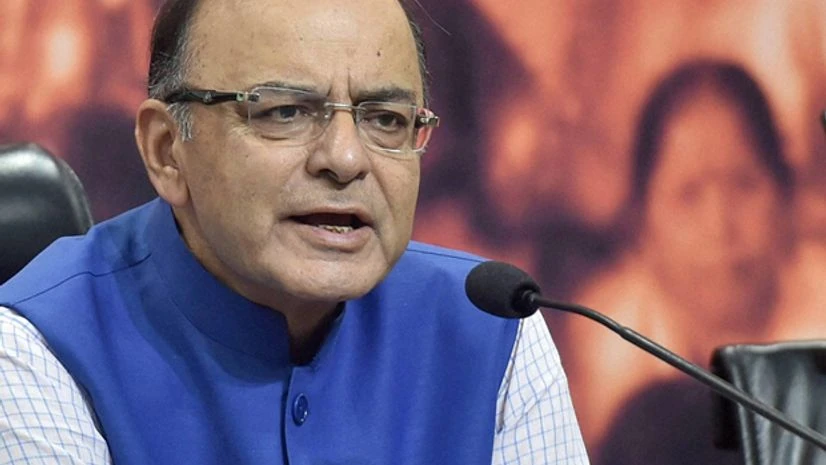Even as the finance ministry is grappling with the dilemma of whether to adhere to the path of fiscal consolidation or perk up the economy, the NITI Aayog has asked the ministry not to defer the fiscal consolidation road map in Budget 2016-17. The ministry had already postponed the road map by a year in the 2015-16 Budget.
According to sources, the Aayog was of the view that more space could have been taken with regard to the fiscal deficit in this year's Budget. From 2016-17, the commitment to meet the deficit target should be adhered to, said the body which replaced the Planning Commission in January 2015.
Read our full coverage on Union Budget 2016
According to the Aayog, postponement of the road map for two years in a row would damage the perception of investors about India.
Finance minister Arun Jaitley had received three pieces of advice from economists and industry about adhering to the fiscal deficit targets. While some said it should be adhered to, others said it should be deferred. A third set of people asked the minister not to bind himself with any deficit target.
More From This Section
"I came across all shades of opinion on the fiscal consolidation road map. While industry wants more spending, economists are sharply divided," the finance minister had said at an event recently.
According to him, the target of fiscal deficit depends on the growth projection and revenue buoyancy.
On Friday, Reserve Bank of India (RBI) Governor Raghuram Rajan had advised the government not to defer the fiscal consolidation road map. On the other hand, an overwhelming majority of economists polled by Reuters had wanted Jaitley to postpone the road map for one more year. "The consolidated fiscal deficit of the states and the Centre in India is by far the largest among countries we like to compare ourselves with; at present only Brazil rivals us on this measure," Rajan had said. He had cited International Monetary Fund estimates to state the consolidated fiscal deficit of the Centre and states went up from seven per cent in 2014 to 7.2 per cent in 2015. "So we expanded the aggregate deficit in the last calendar year. With Ujwal Discom Assurance Yojana, the scheme to revive state power distribution companies, coming into operation in the next financial year, it is unlikely that states will be shrinking their deficits, which puts pressure on the Centre to adjust more," he had said while adding it is the IMF figures which investors watch.
He had also questioned arguments by those favouring the fiscal expansion on the grounds that it is necessary to generate the growth needed to put our debt to gross domestic product (GDP) ratio back on a sustainable path.
"This is a novel argument. Ordinarily, one would think that a government should borrow less, that is, run lower fiscal deficits, in order to reduce its debt. But, there is indeed a theoretical possibility that the growth generated by the fiscal expansion is so great as to outweigh the additional debt that is taken on. Unfortunately, the growth multipliers on government spending at this juncture are likely to be much smaller; so more spending will probably hurt debt dynamics," he said.
Many believe RBI might not cut rates at its policy review on Tuesday. They said, the central bank would see the government commitment to fiscal deficit before cutting the policy rate.
On the other hand, the mid-year analysis of the economy for 2015-16 advocated the need to review fiscal consolidation road map due to the one rank one pension and the implementation of the seventh pay commission, which will add an additional 0.65 per cent of GDP to expenditure.
The government has already deferred a fiscal consolidation road map for one year. The ultimate target of reining in the deficit at three per cent of GDP was to be originally met next year. But, it was deferred to 2017-18.
For the next year, the target was relaxed to 3.5 per cent.
For the current financial year, the target was adjusted to 3.9 per cent of GDP or Rs 5.5 lakh crore against the original target of 3.6 per cent. As much as 88 per cent of that target was met by December.

)
